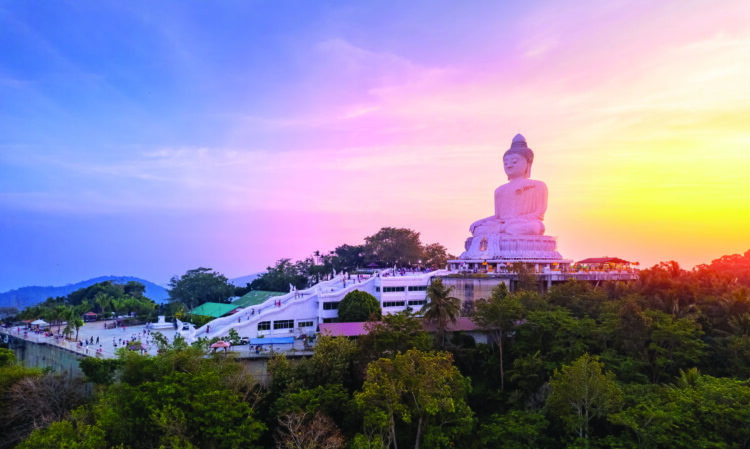While the world’s largest IR operators have all expressed keen interest in Thailand, will they be able to convince regulators in established gaming jurisdictions like Nevada, Macau and Singapore that Thailand is a suitable jurisdiction for multi-billion dollar resorts?
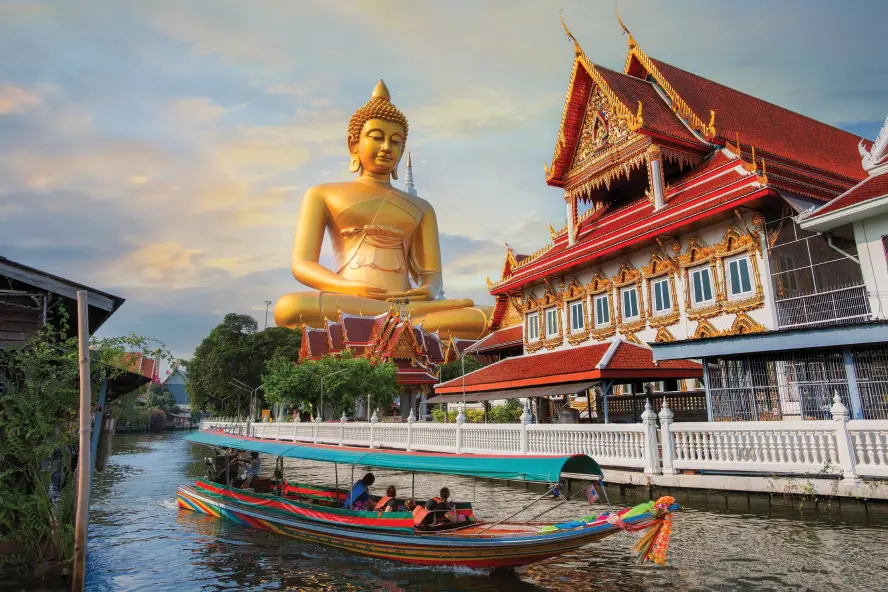 From a purely commercial perspective, it is easy to understand why large international integrated resort operators are excited by the prospective legalization of casinos in Thailand.
From a purely commercial perspective, it is easy to understand why large international integrated resort operators are excited by the prospective legalization of casinos in Thailand.
Large domestic population with a high propensity to gamble? Tick. Well educated and plentiful labor? Tick. High levels of inbound tourism? Also a tick; while 2023 arrivals were down on pre-COVID numbers, more than 28 million international visitors entered the country. As importantly, their average length of stay was around nine days. Flight connections? Tick. Suvarnabhumi airport in 2023 ranked 26th globally for passenger movements, with almost 52 million. That puts it ahead of Hong Kong International by more than 10%. Visa free entry for Chinese citizens. Yes … since March 2024. And it is only a three-hour flight between Guangzhou, the busiest airport in China, and Bangkok. So, plenty to get excited about, right?
Well, yes … and no. Perhaps the most obvious and significant challenge facing inbound investors and operators is sovereign risk. Conservative US think tank The Heritage Foundation’s Index of Economic Freedom 2023 ranks Thailand 80th of 184 economies, down from a rank of 42 in its 2021 survey, reflecting, among other things, a deterioration in property rights, judicial effectiveness and government integrity. Meanwhile, the World Bank Group’s annual Worldwide Governance Indicators survey for 2022 suggest weakness in regulatory quality, political effectiveness and the control of corruption. In the past month Thailand’s Constitutional Court has dissolved the socially progressive and 2023 election-winning Move Forward Party, banned its leader from holding public office for 10 years, and removed Prime Minister Srettha from office.
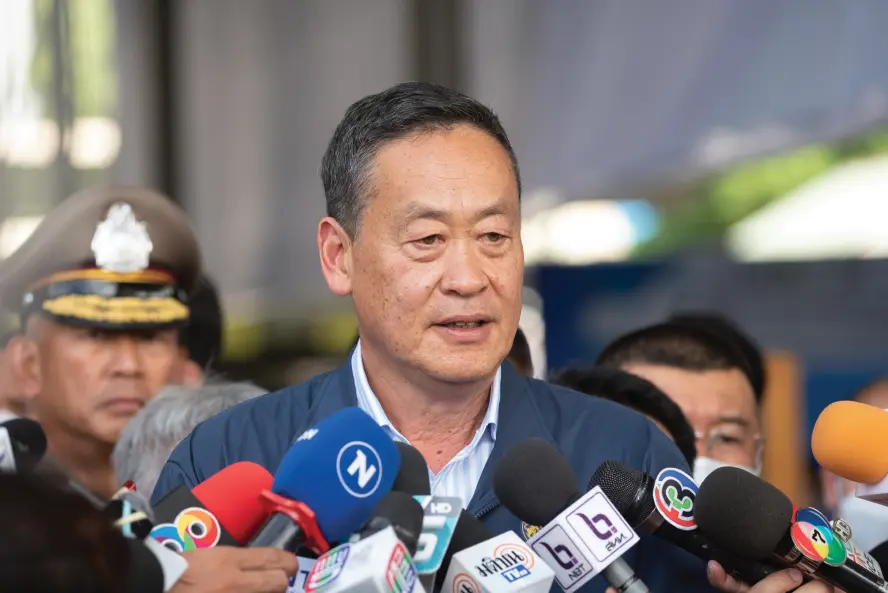
Writing in the East Asia Forum after these decisions, Michael Montesano said of the Constitutional Court, “It is expressly designed to act in collaboration with other upholders of [the Thai] supra-constitution – royalists, soldiers, technocrats, senior bureaucrats, the judiciary and segments of Thailand’s social, business and financial elite. The independence that the Constitutional Court enjoys is not independence from such unelected actors, but rather from the authority of politicians who have actually won voters’ electoral support.”
The supra-constitution to which he refers is perhaps best described as the customary constitution of the country, being unwritten, yet pervasive, especially in regard to maintaining the primacy of the monarchy … and the military.
Thailand became a constitutional monarchy in 1932. Since that time, it has had 20 charters or constitutions. They have not resulted from an ongoing iterative process but from the wholesale periodic recalibrations and re-writes that have followed military coups and, since its establishment in 1997, decisions of the Constitutional Court. The current Constitution was adopted in 2017. Since the Constitution is the well-spring of the rule of law, separation of powers, and the role of the monarchy in the Thai democracy, it is essential that it be a stable platform, rather than a document that can be, and has been, dispensed with at will. Thailand may yet come up with robust contemporary legislation to regulate gaming but set against such a fluid constitutional underpinning it must be open to question whether it will simply prove to be a cosmetic adornment.
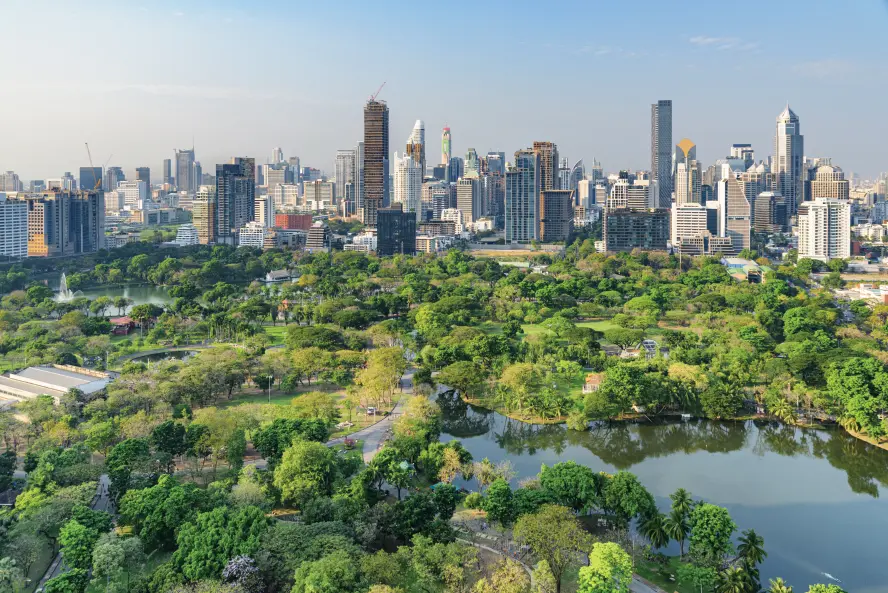 Aside from sovereign risk, there is a more imminent risk that prospective bidders will need to consider. The Cambodian border casinos, especially those in Poipet which currently serve predominantly Thai players, will at best see their businesses atrophy. While ownership of many of those casinos is difficult, if not impossible to ascertain, there is both anecdotal and direct evidence that holders of military and political office in both Thailand and Cambodia have ownership interests in some border casinos. Moreover, they often generate income streams through security and currency exchange/banking/ATM arrangements. While these interests may retain their current anonymity, it would be foolish for anyone to believe that they will not run interference or seek to deal themselves into the bigger game that may be about to unfold at their doorstep.
Aside from sovereign risk, there is a more imminent risk that prospective bidders will need to consider. The Cambodian border casinos, especially those in Poipet which currently serve predominantly Thai players, will at best see their businesses atrophy. While ownership of many of those casinos is difficult, if not impossible to ascertain, there is both anecdotal and direct evidence that holders of military and political office in both Thailand and Cambodia have ownership interests in some border casinos. Moreover, they often generate income streams through security and currency exchange/banking/ATM arrangements. While these interests may retain their current anonymity, it would be foolish for anyone to believe that they will not run interference or seek to deal themselves into the bigger game that may be about to unfold at their doorstep.
Of course, some of these risks can be mitigated by prudent local partnering. However prospective participants with Nevada gaming licences may have a mountain to climb.
The Foreign Gaming provisions of the Nevada legislation regulating casino licensees have extra-territorial reach and are designed to ensure that Nevada licensees conduct any such operations as if they were located within the state. In particular, the Nevada Gaming Control Board may require a licensee intending to participate in foreign gaming operations to file an application for a finding of suitability. This can apply to both intended and actual operations. In a probably worst-case scenario, a licensee might have financed, constructed and opened a property, to then subsequently have the NGCB make a finding of unsuitability, and issue a termination and divestiture order. It is doubtful that any Nevada licensee presented with that situation would choose to abandon its Nevada license/s in favor of continuing its operations in Thailand. It is unlikely the situation which presented itself to MGM in New Jersey in 2009 after Pansy Ho was initially found to be an unsuitable associate would produce the response of withdrawing from the state in favor of the foreign gaming operation.
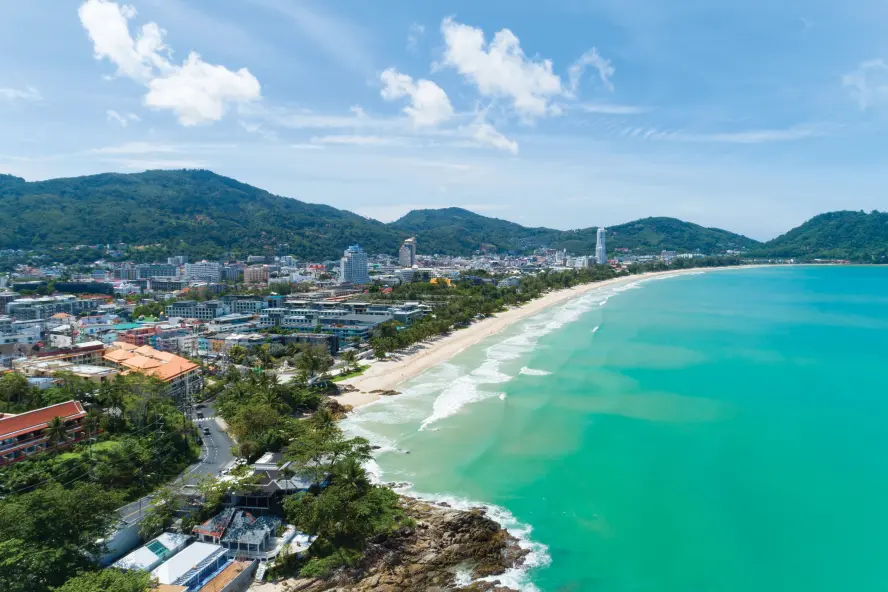
While the suitability of close associates is a well understood requirement for assuring compliance with the foreign gaming operations provisions, what is less certain is the circumstances that might lead to a Nevada licensee knowingly breaching the public policy of the state concerning gaming. The policy is set out in a preamble to the legislation, which includes the following:
(e) To ensure that gaming is conducted honestly, competitively and free of criminal and corruptive elements.
This requirement could potentially prove to be a high bar for Nevada licensees to clear, given the earlier observations about the unstable constitutional foundations of the rule of law in Thailand. If the country wishes to attract operators of the scale and repute of those licensed in Nevada it would be well advised to ensure that its legislative framework for gaming regulation is robust and contemporary, that its regulatory agency or agencies are well resourced, and that it establishes dialogue with foreign regulators such as the NGCB. The opportunity is compelling, but the challenges are real too.






